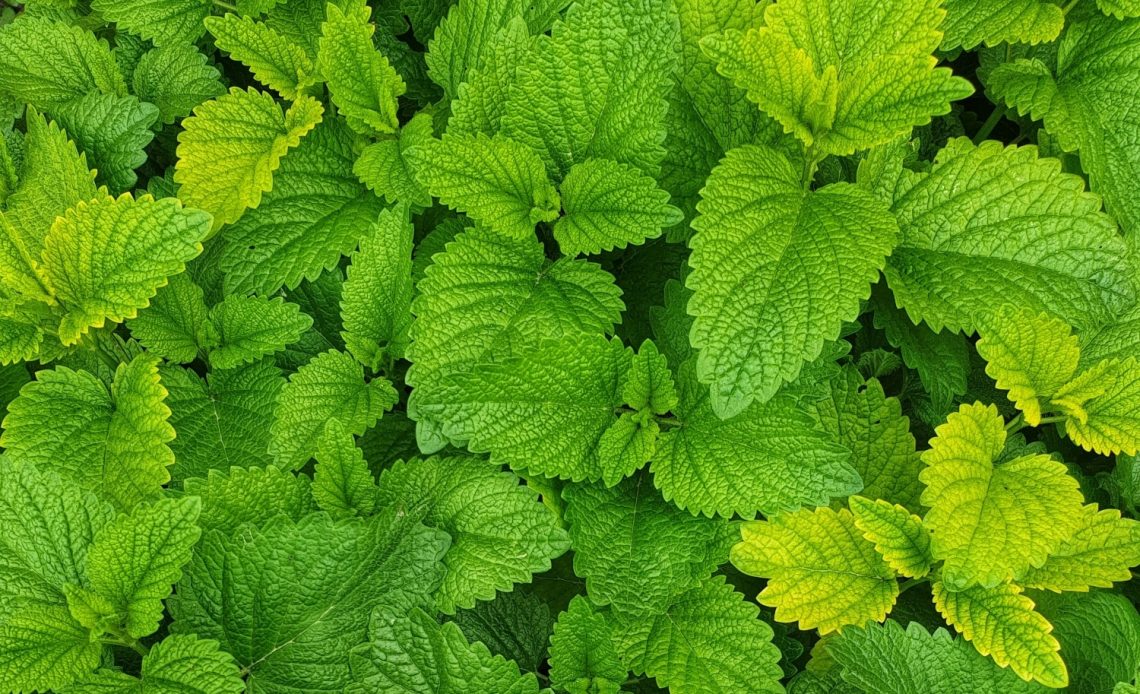

We’re here to help! Wild Yards is a completely free website that is 100% dedicated to helping you create a wildlife-friendly, sustainable yard. Read more
WildYards is reader-supported. When you buy a product through a link on our site, we may earn a comission. Every product is independently selected by our (obsessive) editors and our reviews are unbiased and objective. Read more about our mission or our privacy policy.
Deliciously fragrant, lemon balm is as popular with pollinators as it is with backyard gardeners. This herb can be harvested to use in teas, smoothies, and baked goods, and, when used in tandem with rose petals, to make homemade potpourris. Its powerful aroma makes lemon balm a wonderful companion for a variety of fruits and vegetables because it helps repel insects. But which lemon balm companion plants are right for your garden?
Melons, tomatoes, and squash work well as lemon balm companion plants because they have similar growing requirements. Meanwhile, basil and dill can be grown with lemon balm as a border around your garden to help keep insects away.
What are lemon balm’s growing requirements?
Lemon balm is an unfussy plant that will grow well when kept in full to partial sunlight in soil that stays moist. This hardy herb reaches maximum heights of around 3 feet and can tolerate acidic to neutral soils with a pH of 4.5 to 7.5. Regular waterings and amending the soil with a healthy dose of homemade compost improve performance and support bloom production.
11 Best lemon balm companion plants for your garden
In terms of companion plants, lemon balm is one of the most easygoing. This tough little herb can be grown with a wide variety of plants, and because it’s so great at keeping insects away, it’s a must for any garden. When growing the following fruits, vegetables, and herbs, be sure to keep lemon balm nearby to support healthy growth.
Melons
Lemon balm makes an excellent companion plant for melons, including watermelons, cantaloupes, and honeydew melons. Like melons, lemon balm prefers to be planted in moist soils. That’s not to say that it likes the soil to stay muddy. On the contrary, lemon balm needs to be grown in well-drained soil. But it likes the soil to retain moisture. And by growing lemon balm as a ground cover in your melon patch, it will act as a living mulch to keep your melons hydrated.
Lemon balm also helps support pollination. This herb’s delicate flowers attract bees and butterflies to your garden to pollinate your melon crop. Lemon balm is also a hit with parasitic wasps, who prey on damaging garden pests, like aphids, mites, and whiteflies.
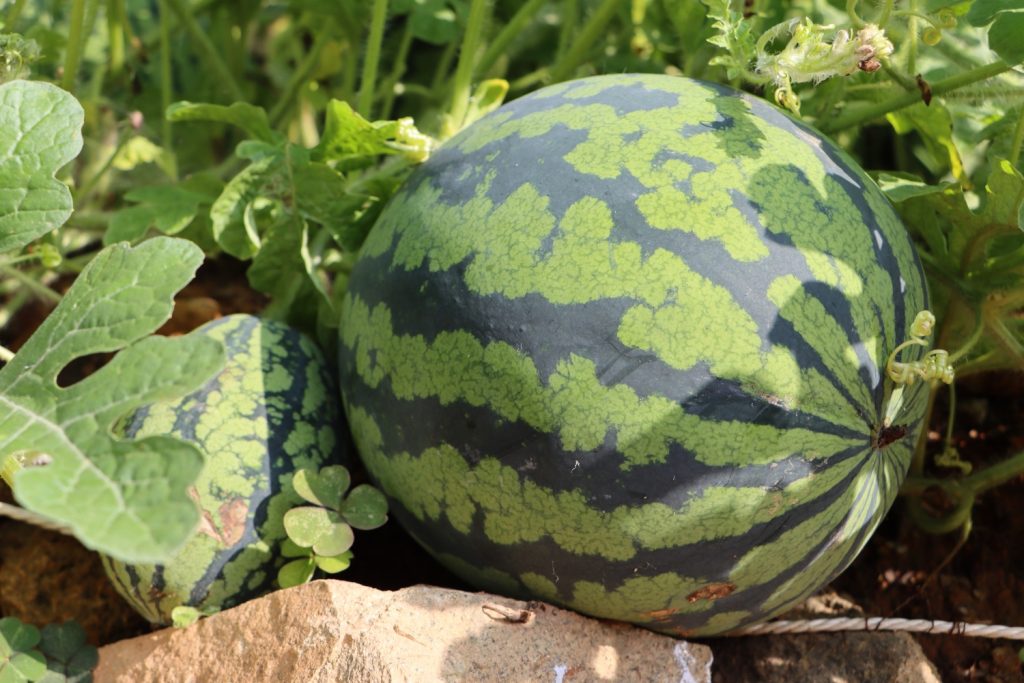
Cabbage
Lemon balm’s strong scent helps disguise the smell of cabbage, protecting it from harmful bugs. Insects like worms, beetles, and caterpillars are confused by the herb’s overwhelming fragrance and will avoid visiting your garden because of it. Try growing lemon balm as a border around your cabbage crop, or alternate cabbage plants with lemon balm plants within the same row.
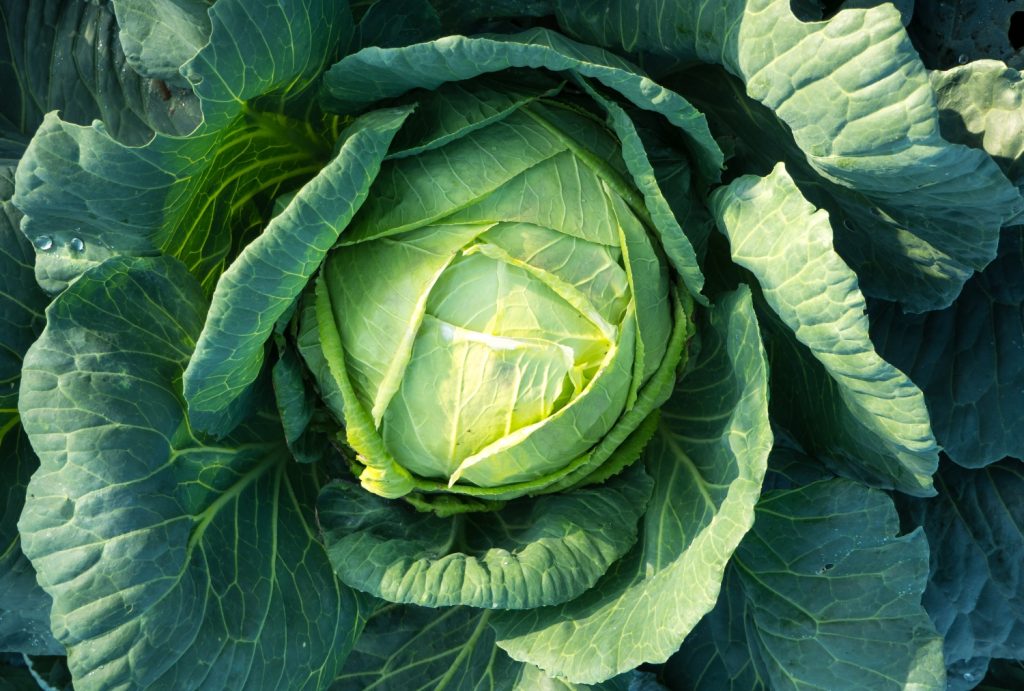
Basil
Whether you have a large in-ground garden or only a small raised bed, you can safely grow your lemon balm plants with your basil plants. These two herbs get along very well because they share the same light and soil requirements. For best results, keep your basil and lemon balm plants in full to partial sunlight, and water them regularly to keep the soil damp. Adding a layer of mulch can help the soil retain moisture. When these herbs flower in the mid to late summer, they’ll draw dozens of pollinators to your garden, increasing crop yields.
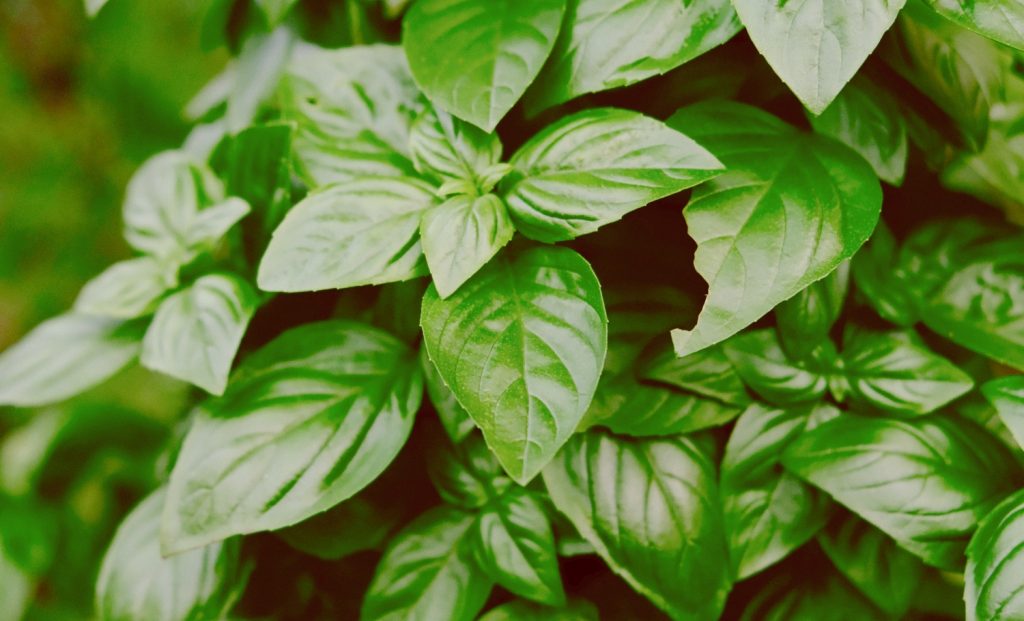
Tomatoes
Perhaps the most popular vegetable for gardeners, tomatoes are easy to grow, and they’re incredibly rewarding, too. These prolific producers can deliver a whopping 20 to 100 tomatoes per plant. Most gardeners think that because tomatoes are easy to grow, they don’t need any outside help. But your tomato plants will appreciate being planted with lemon balm, as it helps attract valuable pollinators all while shielding the soil from the harsh sunlight, allowing it to retain moisture.
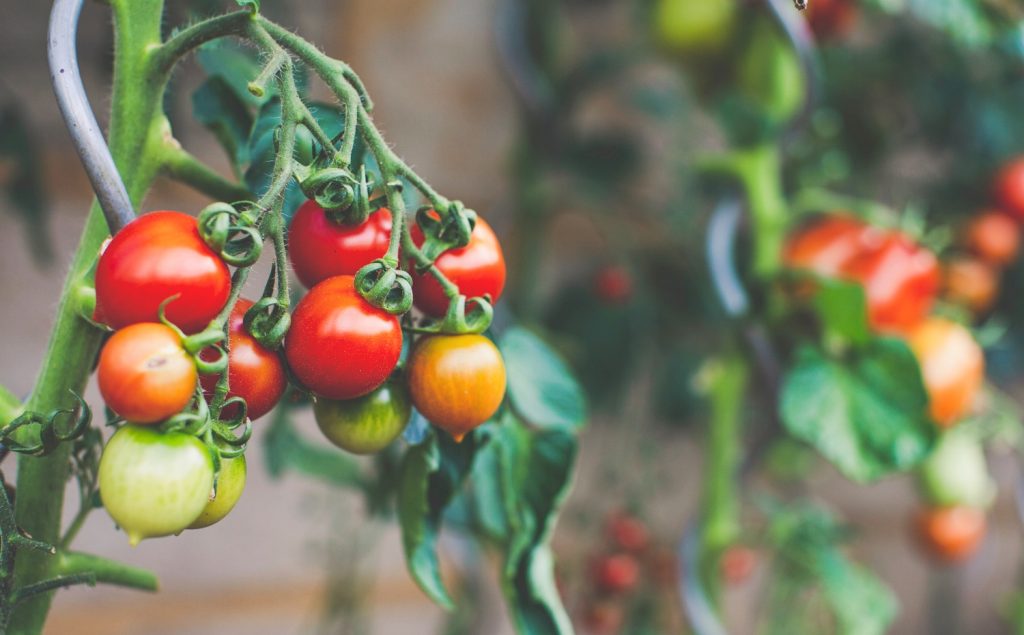
Mint
When grown in moist soils and a shady location, mint can be invasive. Growing mint in partial sunlight can help restrict its otherwise unlimited growth. And, when grown in partial sun, it can be used as a companion plant for lemon balm. When planted together to create a border around your vegetable patch, mint and lemon balm work to attract bees, wasps, butterflies, hummingbirds, and other pollinators to your garden. And the better your plants are pollinated, the more fruits and veggies you’ll have come harvest time.
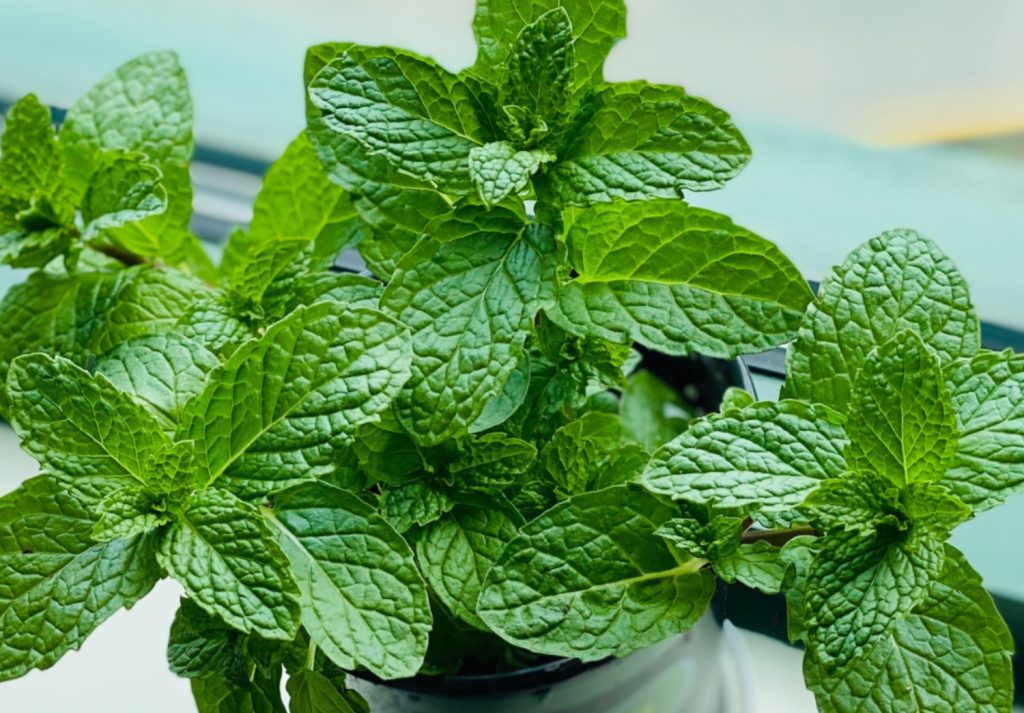
Squash
Squash grows pretty easily, much like tomatoes. But because it tends to sprawl as it grows, it can be tough figuring out which plants can tolerate being grown together. Lemon balm is one of those adaptable herbs that can fill in the spaces around other plants. So if you need a ground cover to keep with your squash crop to help the soil retain moisture (and attract more pollinating insects, too), you can’t go wrong with lemon balm.
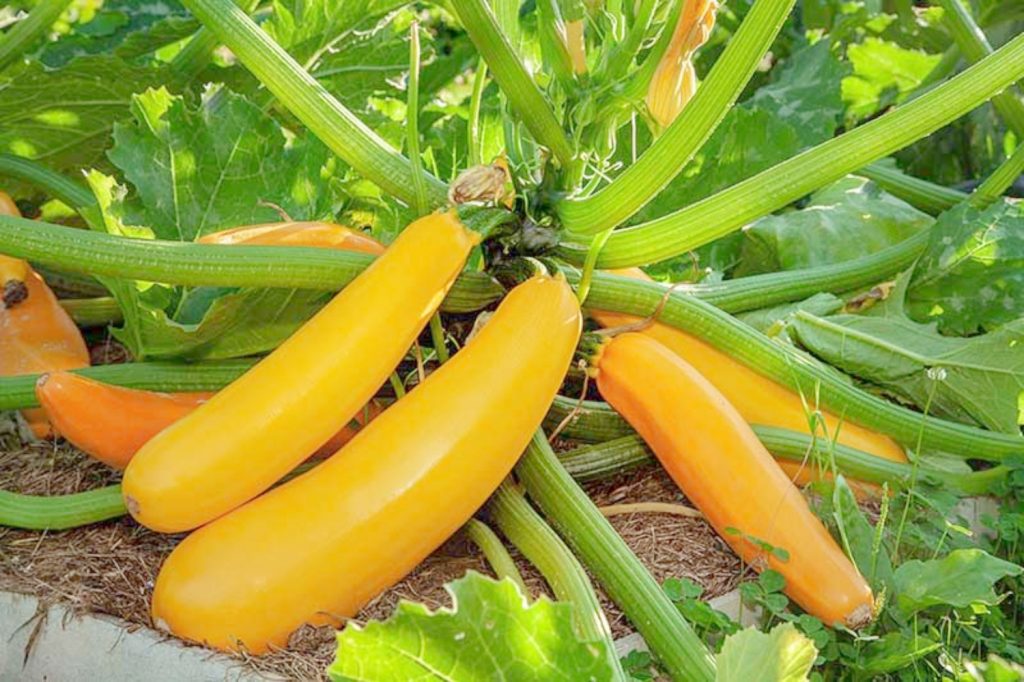
Berries
Most berry plants are self-pollinating. But, even still, farmers have reported an influx in berry production when their crops have been pollinated by insects and birds. By growing lemon balm near your blueberries, strawberries, and blackberries, you’ll be both attracting helpful bugs and repelling harmful ones. Lemon balm also acts as a living mulch, casting shade on the ground to retain moisture and shedding leaves that can be used to nourish your berry crops.
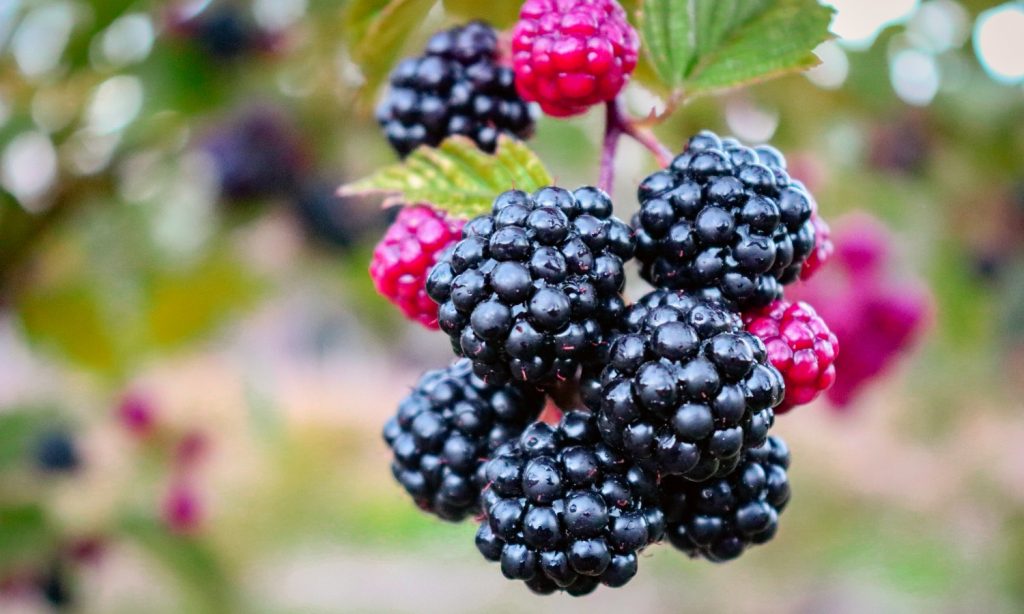
Radishes
Because they don’t grow deep roots, and because they mature quickly in just 21 to 60 days, radishes can be grown in between rows to maximize garden space. If your radish crops have fallen prey to insects in the past, plant them near some lemon balm to help keep maggots, snails, and aphids away.
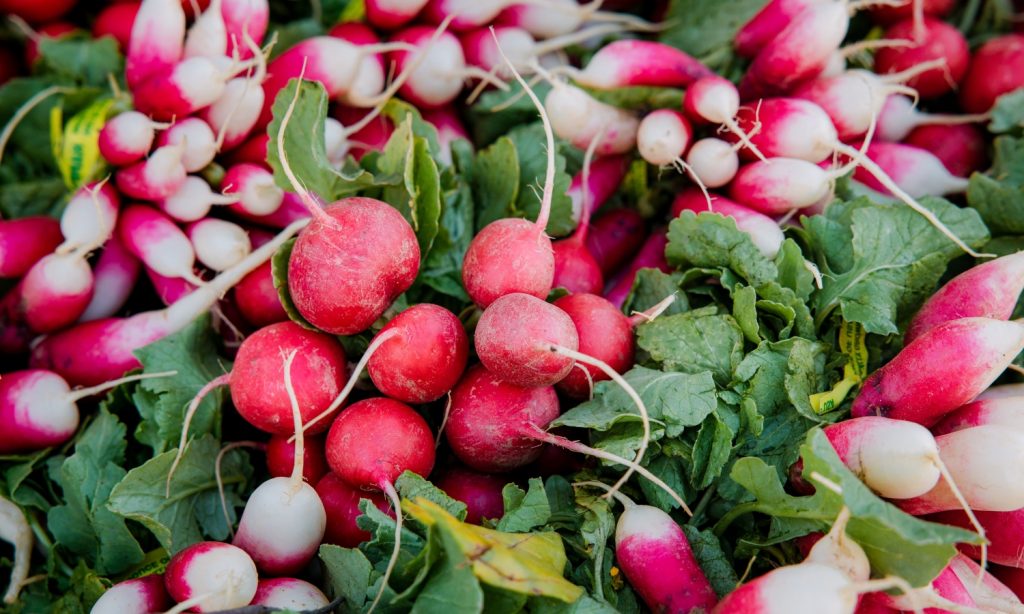
Carrots
Carrots produce long roots that reach deep into the soil and soak up lots of nutrients. They need companion plants that have relatively shallow roots that won’t compete with them for nutrition. Fortunately, lemon balm’s roots spread outward rather than downward. This fragrant herb will never steal vitamins and minerals from your carrots. Plus, it will help repel the flies, caterpillars, and worms that like to nibble on carrot tops.
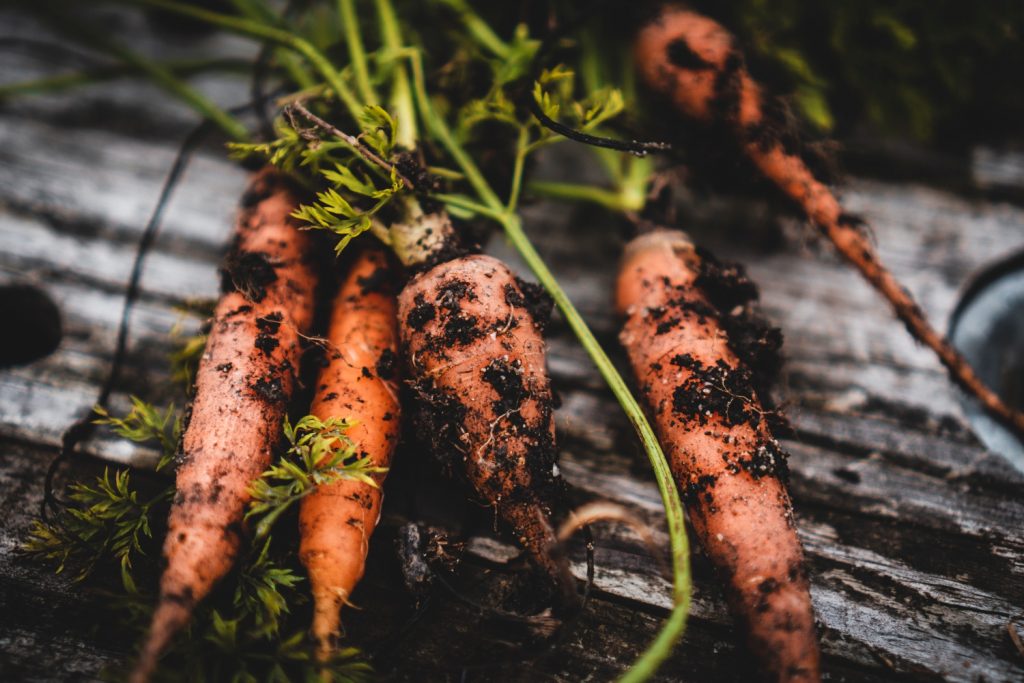
Dill
Spider mites can decimate a garden in an astonishingly short amount of time. Fortunately, both dill and lemon balm can be used to thwart these pesky insects before they get a chance to ruin your crops. Keep dill and lemon balm as a border around your garden or in between rows of spider mite-infected plants.
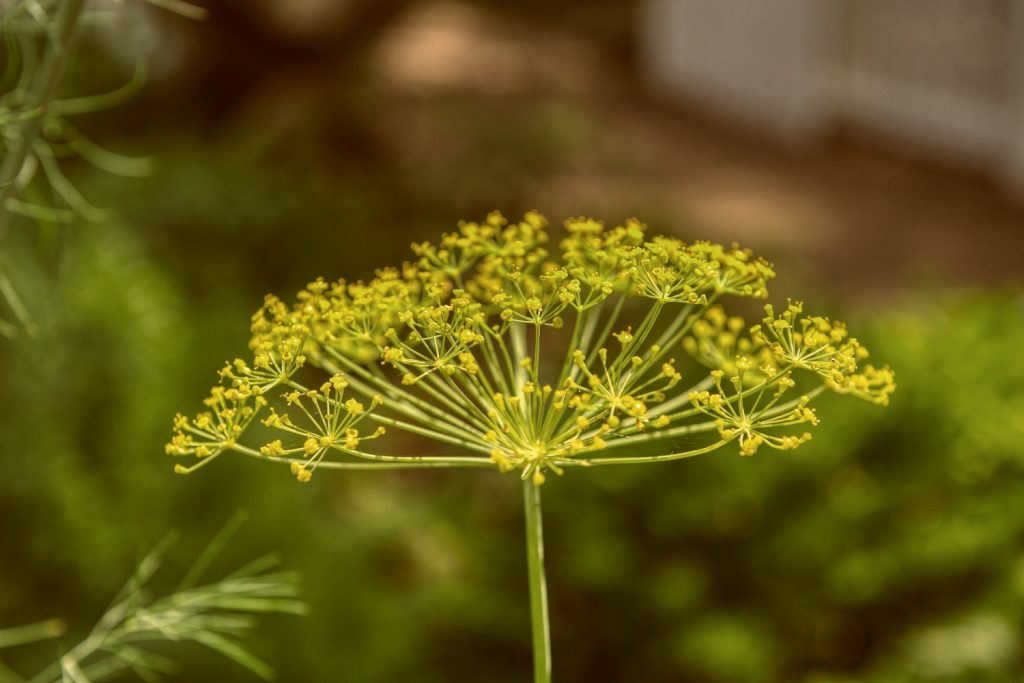
Lettuce
Growing rows of herbs in between crops that mature quickly, including leafy green veggies like lettuce, helps you make the most of the space in your garden. Because lemon balm helps repel the spider mites, aphids, caterpillars, and worms that like to feast on young lettuce plants, using it as a companion plant just makes sense. Spread a layer of mulch between lettuce and lemon balm plants to improve moisture retention and keep the soil temperatures warm.
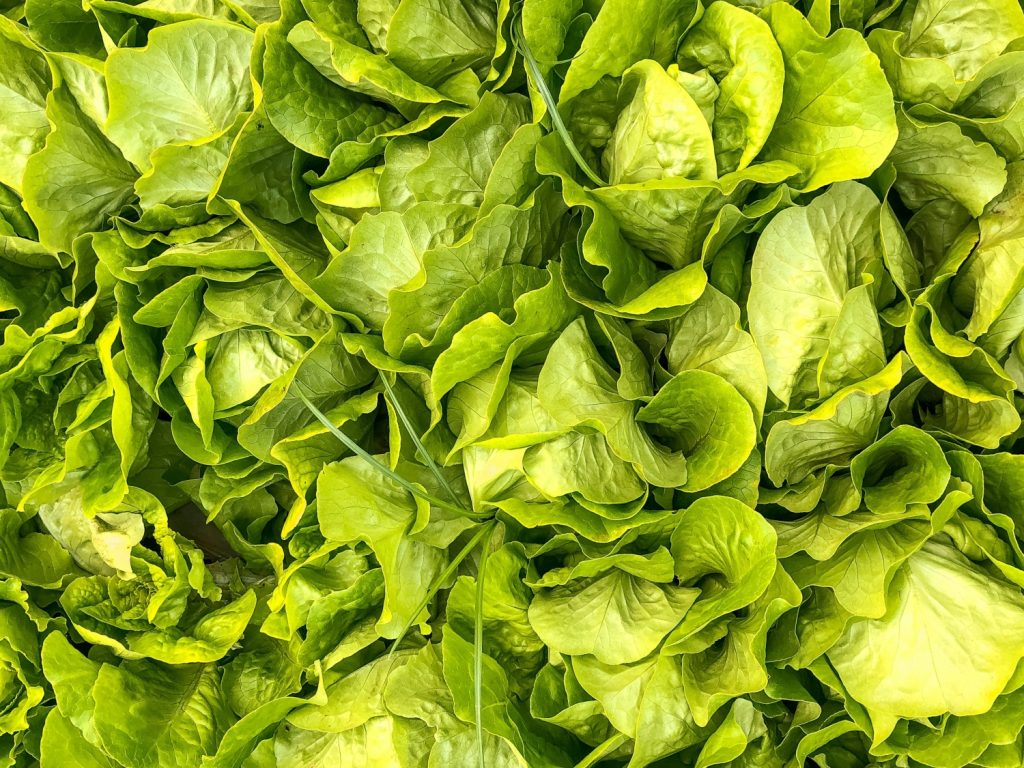
4 Lemon balm companion plants you should avoid
Lemon balm gets along well with the vast majority of garden plants. However, there is a handful that should never be planted nearby. When planning your garden for the season, be sure to keep your lemon balm away from the following plants
Lavender
Like lemon balm, lavender’s foliage is rich in essential oils that make it unappealing to garden pests, including insects, rabbits, and deer. Since lavender is so great at keeping these critters at bay, it can be tempting to grow it right alongside your lemon balm, to pack a fragrance punch. But because lavender prefers to be grown in dry soils, it should not be used as a lemon balm companion plant.
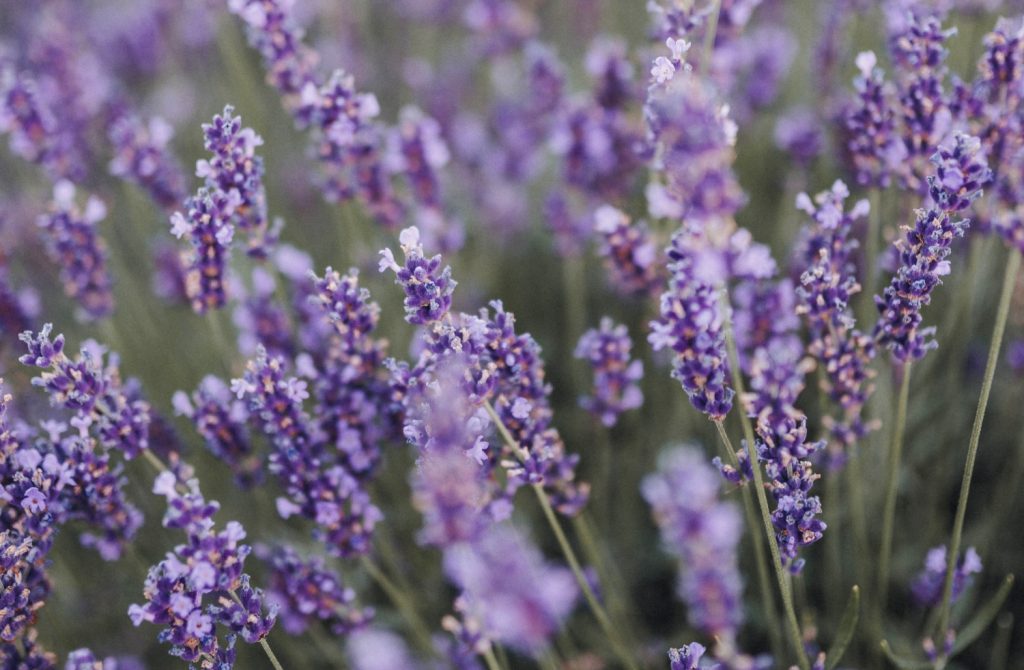
Rosemary
Native to the Mediterranean region, rosemary prefers arid conditions. If it’s not grown in dry soils and watered sparingly, it just won’t be happy. Because rosemary’s growing requirements are at odds with lemon balm be sure to keep them separated in your garden space.
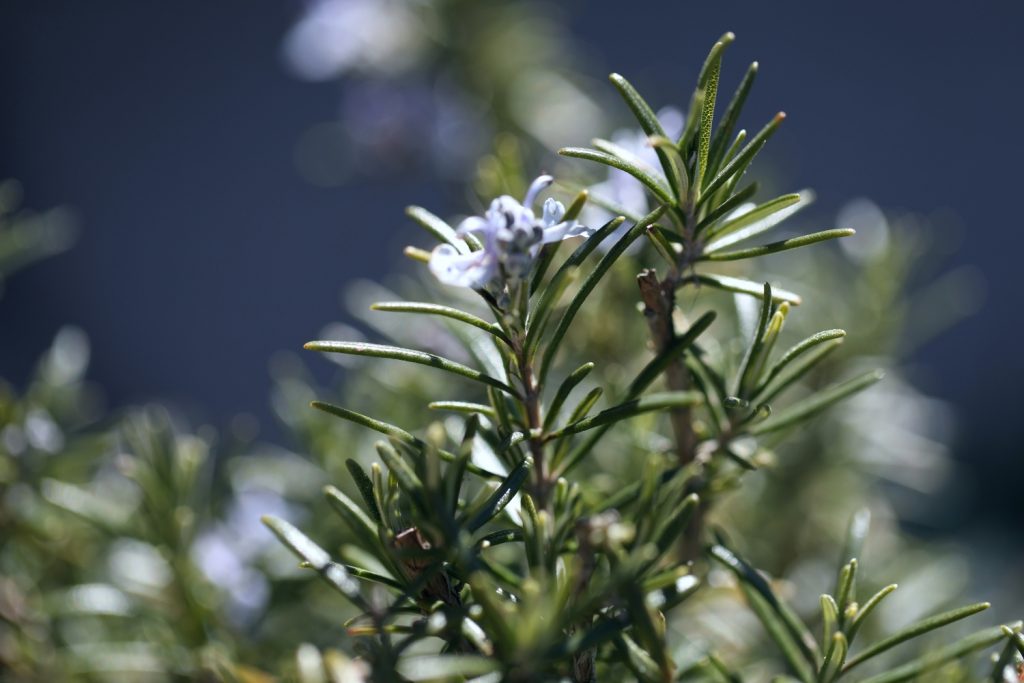
Sage
Sage is another strong-smelling herb that repels harmful insects. It can play a valuable role in keeping your garden healthy. But because it needs dry soils and infrequent waterings to survive, it should not be grown near lemon balm.
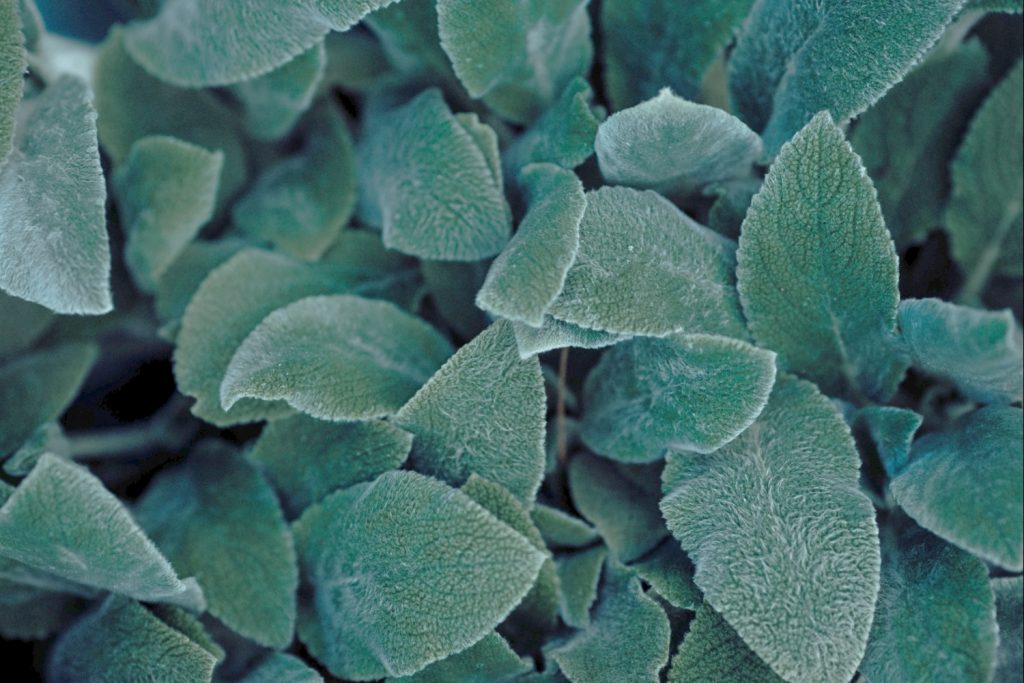
Thyme
Thyme is a forgiving herb that’s easy to start from cuttings. And while it can be harvested to produce essential oils for use in our homemade insecticide recipes, it needs dry soils to stay healthy. If you do grow thyme, be sure to keep it away from your lemon balm, or grow it in a pot so you can tend to its individual needs properly.
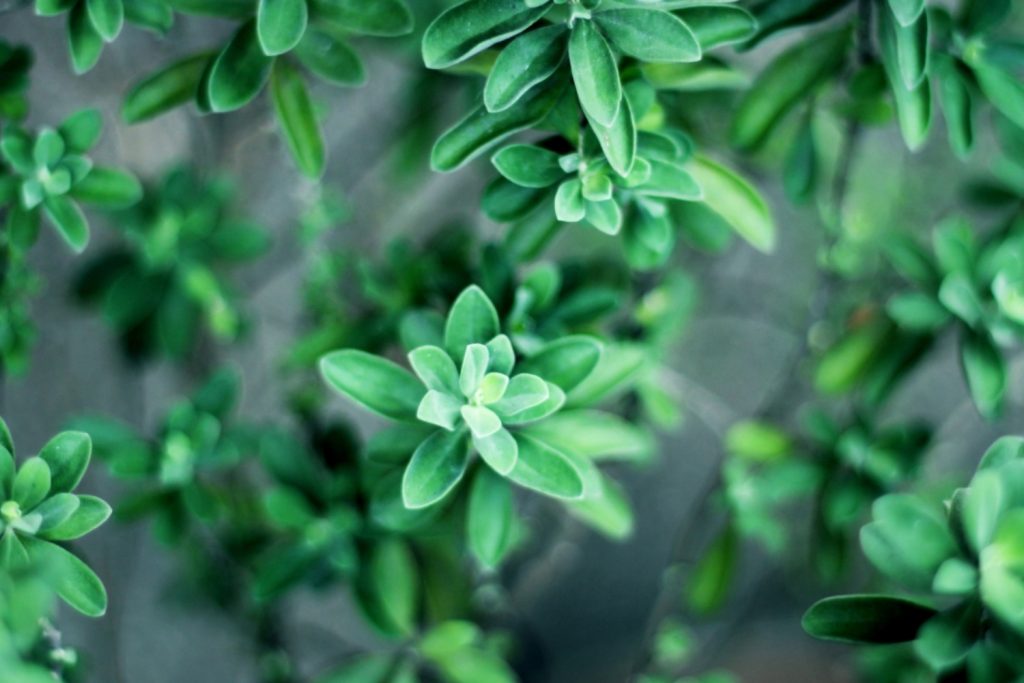
Is companion planting worth the time and labor?
Gardening is a fun hobby until it starts to feel like a lot of work. Companion planting can seem like a daunting task, especially when you only have a small space to plant in. But by taking the time to arrange your plants carefully so they’re all next to their preferred neighbors, you’ll be creating a garden that helps to sustain itself.
Using lemon balm as a companion supports plant growth by helping soil stay hydrated, warding off damaging insects, and increasing pollination rates to boost crop yield. So make some space for this helpful herb in your garden. You’ll be glad you did.
